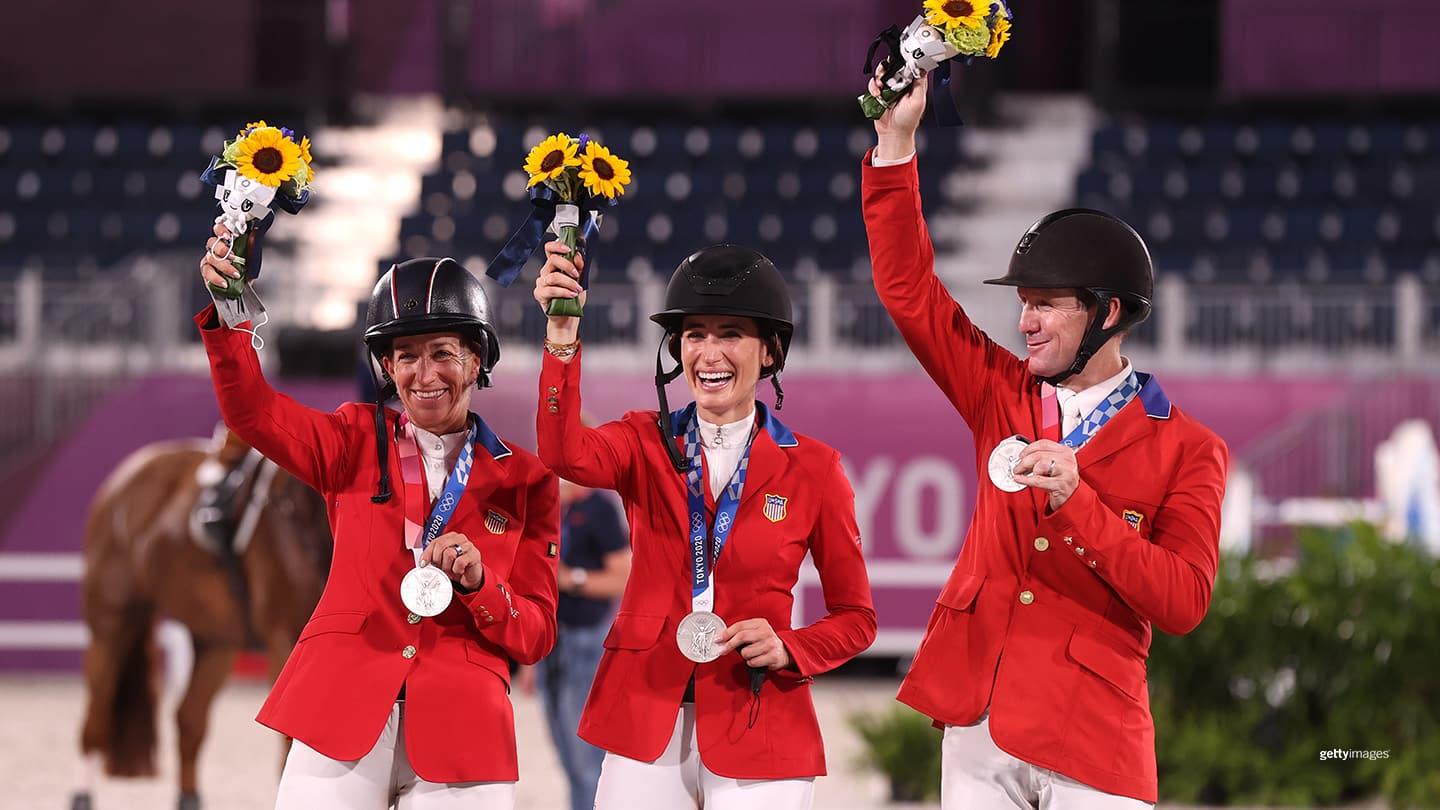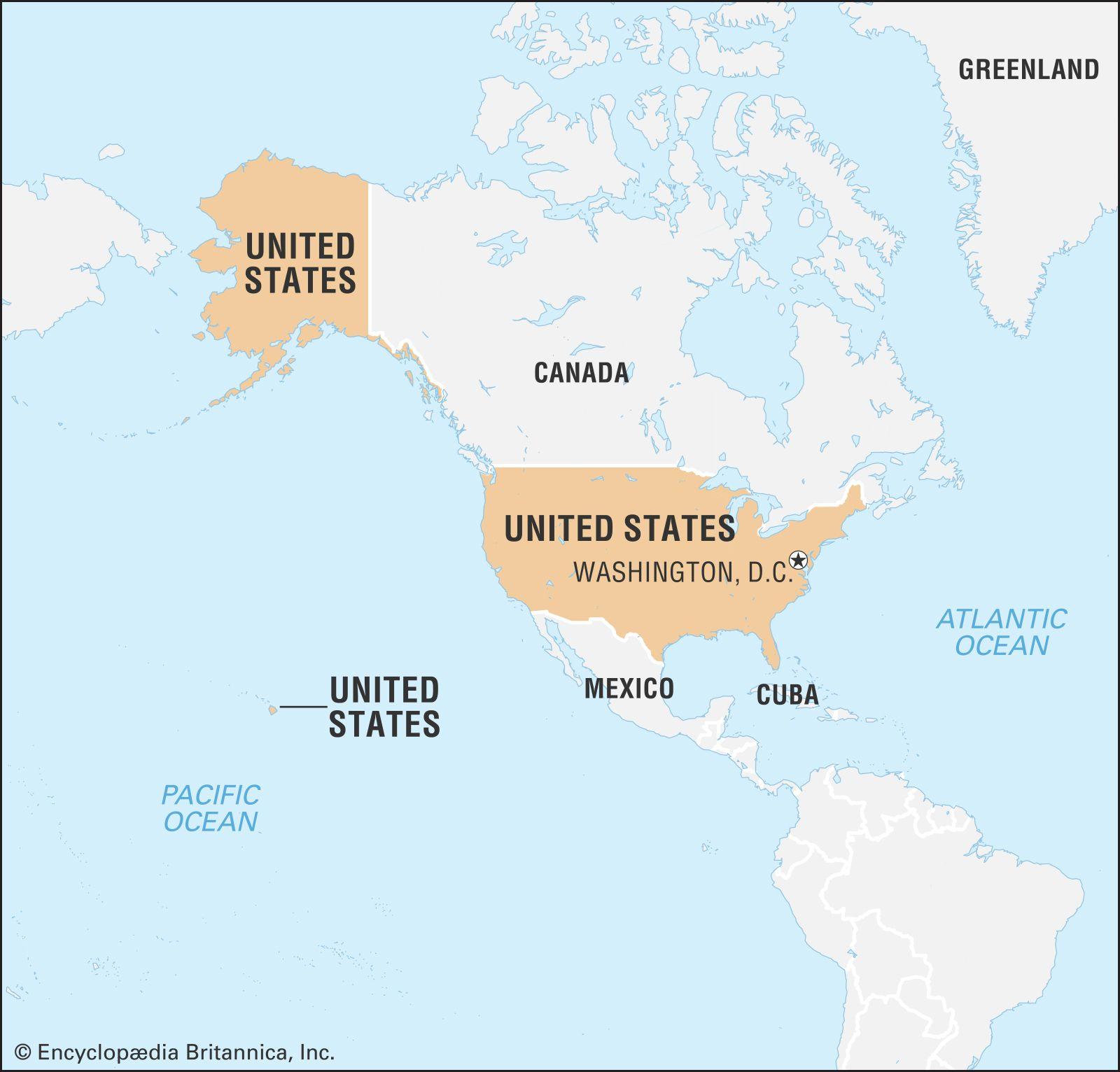In a dazzling display of skill and determination, the US equestrian jumping team has secured a silver medal in the Tokyo Olympics, marking their third consecutive podium finish. As the riders soared over obstacles with grace and precision, they showcased the exceptional talent and camaraderie that has set them apart in the world of equestrian sports. Join us as we delve into the thrilling victory of the US equestrian jumping team in this exclusive coverage by USA TODAY.
Table of Contents
- US Equestrian Jumping Teams Success in the Olympics
- The Strategic Training Plan Behind the Silver Medal
- Analysis of Key Performances and Tactics
- Future Recommendations for Sustained Excellence
- Q&A
- Closing Remarks

US Equestrian Jumping Teams Success in the Olympics
The US equestrian jumping team has once again made its mark on the international stage, securing a silver medal in the recent Olympics. This impressive feat marks the third consecutive Olympic Games in which the team has clinched a medal, solidifying their status as one of the top contenders in the sport.
Led by a talented group of riders and their trusty steeds, the US equestrian jumping team showcased exceptional skill and teamwork throughout the competition. Their dedication to excellence and relentless pursuit of victory have undoubtedly paid off, earning them a well-deserved spot on the podium. This latest achievement is not only a testament to their hard work and determination but also a source of pride for fans and supporters across the country.

The Strategic Training Plan Behind the Silver Medal
The US equestrian jumping team’s impressive silver medal finish at the Tokyo Olympics was the result of a meticulously crafted strategic training plan that focused on maximizing each athlete’s strengths and improving their weaknesses. Under the guidance of their expert coaches, the team members underwent intensive physical conditioning, mental preparation, and technical skill development to ensure they were at the top of their game when it mattered most.
Key elements of the training plan included:
- Individualized training programs tailored to each rider’s specific needs
- Frequent practice sessions to fine-tune techniques and improve consistency
- Simulated competition scenarios to help riders navigate high-pressure situations

Analysis of Key Performances and Tactics
Despite facing tough competition, the US equestrian jumping team managed to secure a silver medal in their third consecutive Olympics appearance. The team’s key performances were highlighted by flawless rounds from seasoned riders like Laura Kraut and McLain Ward, who showcased their precision and skill in the arena. The team’s tactics of strategic course navigation and calculated risks paid off, as they consistently delivered strong performances throughout the competition.
One of the standout tactics employed by the US team was their ability to adapt to changing course conditions and adjust their strategies accordingly. Riders like Kent Farrington and Jessica Springsteen demonstrated their versatility and quick thinking, making split-second decisions that ultimately contributed to the team’s success. By combining individual strengths with effective teamwork, the US equestrian jumping team was able to clinch the silver medal and solidify their reputation as a powerhouse in the sport.

Future Recommendations for Sustained Excellence
As the US equestrian jumping team celebrates their third consecutive Olympic silver, there are key recommendations for sustaining their excellence in future competitions. Firstly, the team should focus on continued training and development of both the riders and horses to ensure peak performance. This can be achieved through regular practice sessions, coaching sessions, and participation in competitive events.
Additionally, it is crucial for the team to prioritize team cohesion and communication. Building strong relationships among team members, establishing clear roles and responsibilities, and fostering a positive team culture can greatly contribute to future success. By implementing these recommendations, the US equestrian jumping team can solidify their position as one of the top teams in the world for years to come.
Q&A
Q: What achievement did the US equestrian jumping team accomplish at the Tokyo Olympics?
A: The US equestrian jumping team won silver in their third consecutive Olympics, marking a major achievement in the sport.
Q: How did the team perform during the competition?
A: The US team put on a strong performance throughout the competition, showcasing their skill and determination in the equestrian jumping events.
Q: What factors contributed to the team’s success in winning the silver medal?
A: The team’s success can be attributed to their hard work, dedication, and teamwork, as well as the skill and experience of the riders and their horses.
Q: How does this achievement compare to previous Olympic performances by the US equestrian jumping team?
A: Winning silver for the third straight Olympics solidifies the US team’s reputation as a powerhouse in equestrian jumping, building on their past successes and demonstrating their consistency and excellence in the sport.
Q: What does this accomplishment mean for the future of the US equestrian jumping team?
A: The silver medal win at the Tokyo Olympics will surely inspire and motivate the US team to continue striving for excellence in future competitions, solidifying their reputation as world-class competitors in equestrian jumping.
Closing Remarks
the US equestrian jumping team has once again proven their skill and determination on the world stage, securing a remarkable silver medal at the Tokyo Olympics. With their third consecutive podium finish, this talented group of riders has continued to showcase the excellence and sportsmanship that define American equestrianism. As they return home with their hard-earned medal, the team can hold their heads high, knowing that they have represented their country with pride and honor. We look forward to seeing what future successes await this exceptional group of athletes in the years to come.





